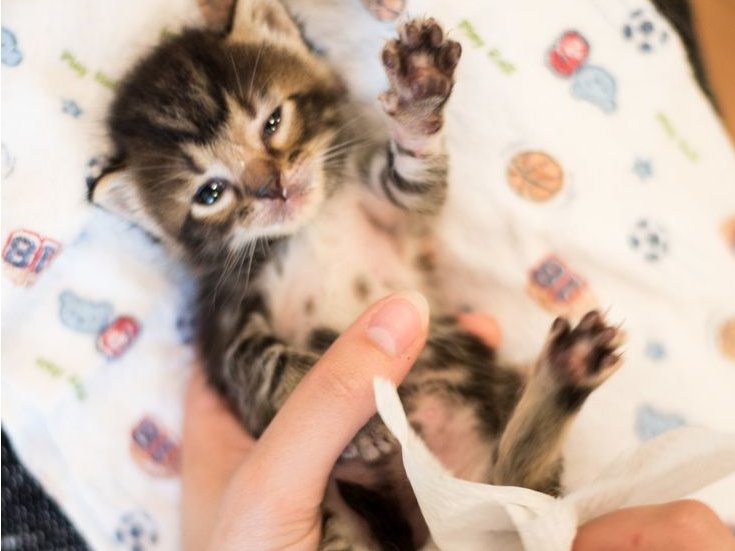Bringing home a newborn kitten is exciting, but it also comes with important responsibilities. Whether you’re fostering, adopting, or caring for an abandoned litter, newborn kittens require special attention, warmth, and nutrition during the first few weeks of life. This guide is designed to make newborn kitten care simple and stress-free for any pet parent or rescuer.
Understanding Newborn Kitten Needs
Newborn kittens are extremely fragile. At birth, their eyes are closed, their ears are folded, and they rely completely on their mother — or you — for survival. The first four weeks are critical for their growth and development.
The key needs for kittens in this stage include:
Warmth (they cannot regulate body temperature)
Nutrition (ideally from mother’s milk or kitten formula)
Stimulation to eliminate waste
How to Keep a Newborn Kitten Warm
Because kittens can’t generate body heat, keeping them warm is vital.
Use a heating pad wrapped in a towel (on low setting)
Place the kittens in a small box or carrier lined with soft blankets
Keep the temperature around 85–90°F (29–32°C) for the first week
Feeding a Newborn Kitten
If the mother cat is not available, you’ll need to bottle-feed kitten formula.
Use only kitten-specific formula (never cow’s milk)
Feed every 2–3 hours, including at night, during the first two weeks
Hold the kitten upright or on their stomach — never on their back
Use a kitten feeding bottle or syringe
After feeding, gently burp the kitten by holding them upright and patting their back
Start weaning at 4 weeks with a gruel of wet kitten food mixed with formula.
Final Thoughts
Providing the right care in the early days of a kitten’s life lays the foundation for a healthy, well-adjusted cat. Newborn kitten care may seem overwhelming at first, but with patience, planning, and love, you’ll give your kittens the best start possible. Whether you’re a first-time caregiver or experienced rescuer, this stress-free guide can help you feel confident in each step.Learn More
For detailed kitten care resources, visit petniq.com
